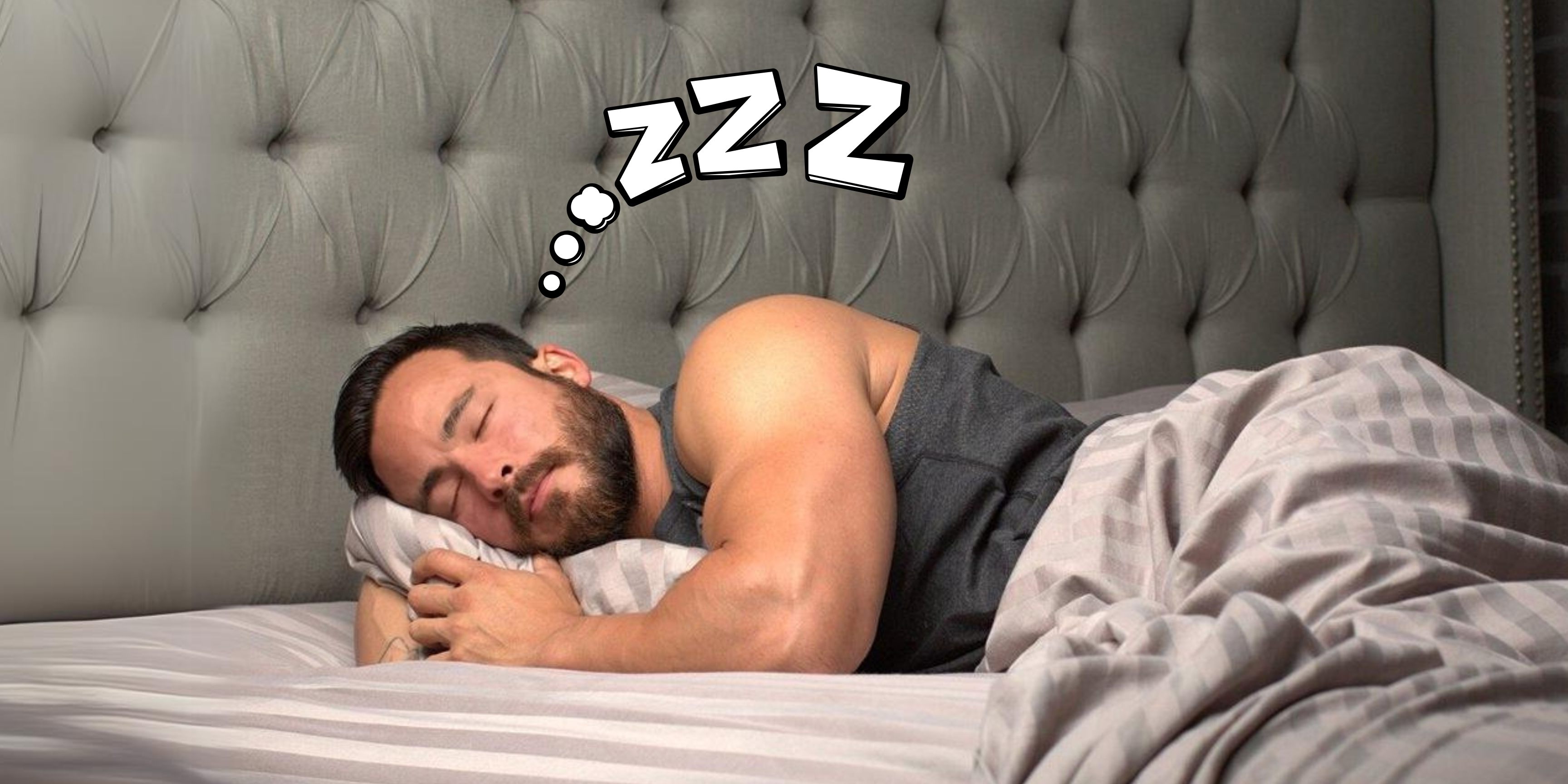Sleep is an often overlooked but essential factor in maintaining healthy testosterone levels. Poor sleep not only affects your daily energy levels but can also lead to a significant decrease in hormone production, including testosterone, which plays a crucial role in muscle growth, fat metabolism, libido, and overall well-being. In this article, we’ll explore the relationship between sleep and testosterone, as well as tips on how to improve your sleep hygiene for better hormonal balance.
The Link Between Sleep and Testosterone
Testosterone production largely occurs during deep sleep, particularly in the REM (rapid eye movement) phase. Research has shown that men who sleep less than 5–6 hours per night have significantly lower testosterone levels than those who get a full 7–8 hours. Chronic sleep deprivation can disrupt your circadian rhythm, impair the hypothalamic-pituitary-gonadal (HPG) axis (which controls testosterone production), and lead to lower overall levels of testosterone.
How Poor Sleep Impacts Testosterone
- Decreased REM Sleep: The REM phase of sleep is crucial for peak testosterone production. Inadequate REM sleep means less testosterone release.
- Elevated Cortisol Levels: Lack of sleep increases cortisol (the stress hormone), which can interfere with the body’s ability to produce testosterone.
- Impaired Recovery: Testosterone aids in muscle repair and recovery. Poor sleep reduces recovery efficiency, resulting in less muscle growth and fatigue.
Key Sleep Hygiene Practices to Boost Testosterone
- Prioritize Consistent Sleep
Going to bed and waking up at the same time every day, even on weekends, helps regulate your internal clock. This consistency promotes better REM sleep cycles, supporting testosterone production. - Limit Screen Time Before Bed
The blue light emitted by screens (phones, computers, TVs) can interfere with melatonin production, a hormone necessary for sleep. Aim to avoid screens at least an hour before bed to allow your body to transition into sleep more easily. - Create a Relaxing Sleep Environment
Your bedroom should be cool, dark, and quiet. Consider blackout curtains, white noise machines, or earplugs if necessary. A comfortable mattress and pillows also support quality sleep. - Avoid Stimulants in the Evening
Caffeine and nicotine are stimulants that can keep you awake and delay deep sleep. Avoid consuming these substances in the hours leading up to bedtime to ensure a smoother transition to sleep. - Manage Stress Before Bed
High levels of stress can disrupt sleep patterns and increase cortisol levels. Practices like meditation, deep breathing, or light stretching before bed can help calm your mind and body. - Exercise Regularly—But Not Too Late
Regular physical activity promotes better sleep quality, but intense exercise too close to bedtime can increase adrenaline levels, making it harder to fall asleep. Aim to finish workouts at least 3–4 hours before bed. - Limit Alcohol Consumption
While alcohol may help you fall asleep initially, it disrupts your sleep cycles and reduces REM sleep, negatively impacting testosterone production. Limit alcohol intake, especially in the evening.
Conclusion
Optimizing sleep hygiene is one of the most natural and effective ways to support testosterone production. By incorporating these simple yet impactful habits into your daily routine, you can improve your sleep quality and, as a result, maintain healthier testosterone levels for better overall well-being.
Improved sleep doesn’t just mean better hormonal health; it enhances your energy, mood, and performance—key components of a vibrant, fulfilling life.







